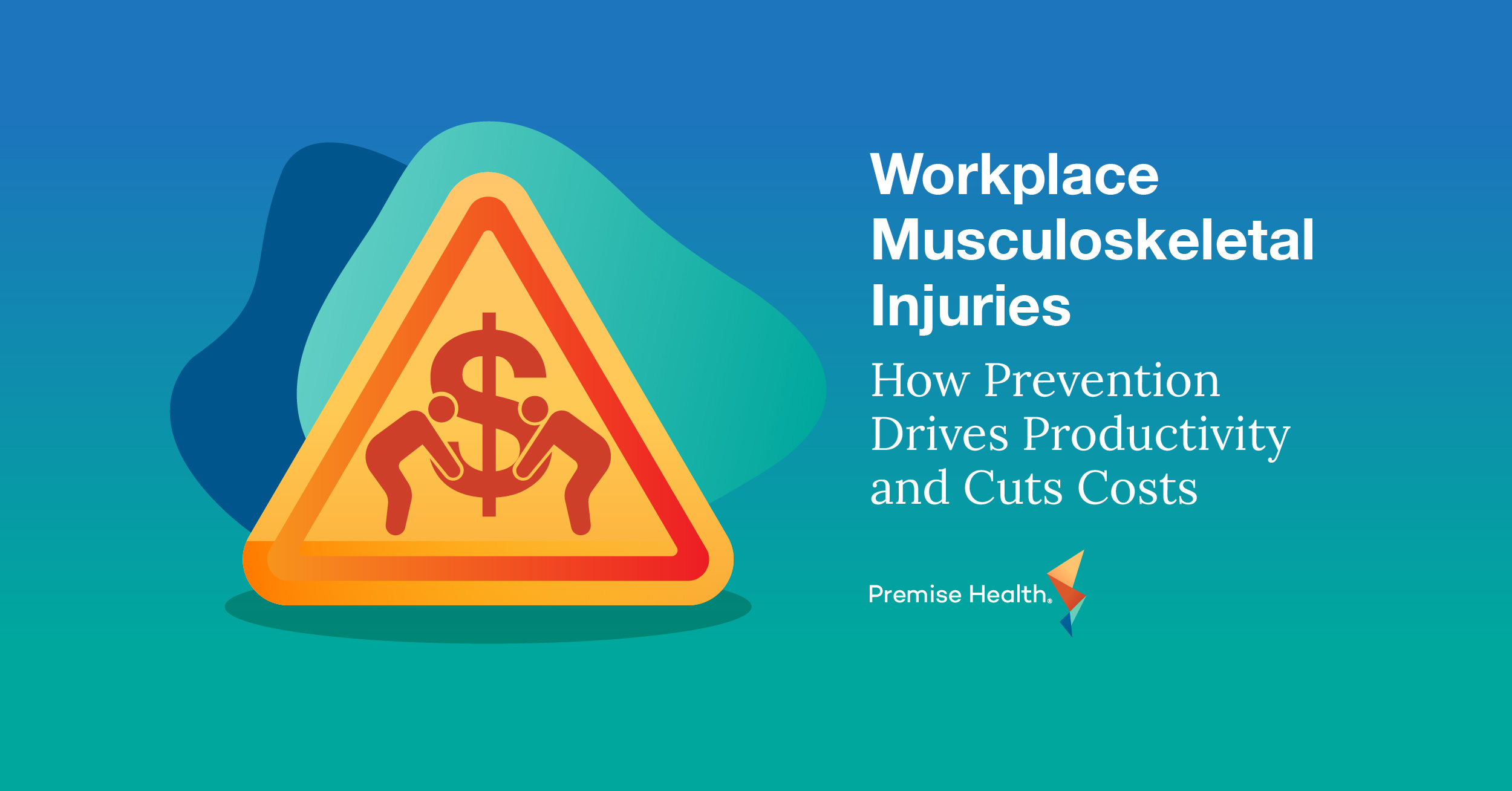Clinical Pharmacy for Chronic Condition Management: A Q&A with Pharmacist Sara Traylor
What if the pharmacy experience could be more personal than just picking up a prescription? What if a pharmacist knew more than your name, like what’s going on in your life?
Every day, Premise Health clinical pharmacists build relationships with members to bring a more personal version of pharmacy to life. We call it clinical pharmacy. It comes complete with pharmacist-led chronic condition management, a type of care that focuses on helping patients manage high-risk conditions like hypertension, diabetes, and dyslipidemia.
This may sound familiar, as chronic condition management can take on many forms and be delivered by different members of the primary care team including a registered nurse, nurse practitioner, or physician. The clinical pharmacy approach goes hand-in-hand with other day-to-day activities of a pharmacist, including education and lifestyle coaching to help people feel better and save money.
For Premise’s Georgia-based clinical pharmacist Sara Traylor, PharmD, BC-ADM, CDCES, DipACLM, serving as a resource for members and their families builds a better foundation of health across all aspects of life.
What does your day-to-day look like as a clinical pharmacist?

I’ll have a mix of virtual visits and face-to-face visits with members for chronic condition management. For most of my patients, the primary focus is diabetes. We have both proximate and non-proximate patients – some live in the area and some we’ve never met face-to-face before.
I might also have a clinical consult, which is a co-visit with a primary care provider who will ask for recommendations or help with member education. This also extends to community providers. We have a provider in South Georgia– he’s not affiliated with Premise– who frequently calls and asks for help with member consultations and will ask questions about the formulary list, prescribing choices, and lifestyle modifications we’re prescribing.
In pretty much every aspect of the day, I’m promoting healthy lifestyle modifications and looking for therapeutic intervention opportunities. For example, I had a new member who has chronic kidney disease. We were looking at the best treatment options for acid reflux, taking into consideration that she doesn’t have fully functioning kidneys and is dealing with multiple comorbidities as well. At the end of our visit, I contacted her specialist to discuss compatible medications and scheduled her next follow-up appointment at our health center.
How is the approach of a clinical pharmacist different than that of a pharmacist I could see in my community?
The big difference between what a clinical pharmacist does and what dispensing pharmacists do is that we have more time: We have more time for face-to-face interaction and more time for follow-up too. It gives us the opportunity to have more in-depth conversations and to close the gaps that members might have in their care. Clinical pharmacists often have additional training and certifications for disease state management.
How do clinical pharmacists collaborate with primary care providers and other members of a care team?
Interactions and collaborations with other providers are wide-ranging. In a direct healthcare setting, clinical pharmacists sit at the intersection of primary care and pharmacy, both literally in the clinical setting and metaphorically. We have access to both the pharmacy record and the electronic health record (EHR), allowing us to work as an intermediary between dispensing pharmacists and prescribing providers.
As far as prescribing goes, we make recommendations based on clinical guidelines and what meets our members’ needs. Thankfully, we have the time to develop relationships with our members and have insight beyond the surface problem that might have been identified. Many times members will speak up and say “Well, that doesn’t fit into my schedule” or “Yes, that’s what I was prescribed but it doesn’t work for me.” Or we’ll start conversations with members based on medication adherence reporting. We can look at both of those things and then have follow-up conversations with primary care providers and other care team members to overcome barriers to treatment.
What are the most common challenges that you work with members to solve?
In addition to medication-related issues, we work with most chronic conditions – hypertension, dyslipidemia, asthma, weight management, smoking cessation, and at the heart of those, social determinants of health and barriers to care. Usually, we end up diving into mental health and making sure they have resources for support there. We’re lucky to have the relationship we have with our clients to be able to discuss benefits that aren’t related to Premise or the pharmacy; it helps us to connect people with community resources like food or childcare that are not available through their benefits package.
If someone wants to consult with a clinical pharmacist, how does the process typically go? How does someone know if they should talk to a clinical pharmacist?
Referrals typically come through our pharmacy, the primary care team, proactive outreach to members, or word-of-mouth recommendations. For example, if our pharmacy team sees that a member is receiving a medication for a chronic condition and they could enroll in one of our clinical pharmacy programs, then we let them know about it.
The client’s HR team may also send out resources to let people know that we have clinical pharmacy programs here and the incentives for participating. They let people know about the money they could be saving by getting medication or testing for free or having cheaper medications at our pharmacy mailed to them.
If paired with Premise’s Connected Care+ solution, we can also use claims data to identify at-risk or high-cost members we haven’t reached out to yet and let them know about the resources available here, whether that’s enrolling them in one of our clinical pharmacy programs, helping them interact with a condition manager on-site, or helping them coordinate appointments with primary care.
What effect does clinical pharmacy have on organizations, and their people, in your experience?
Our goal is to improve communication between clinical pharmacists and the broader healthcare team; we’re trying to pull everything together with the member at the center.
Last Friday, I had an appointment with a member who lives five hours away. He would be the first person to tell you that he’s not technologically savvy, but we were trying to set up his continuous glucose monitor and it took an hour. At the end of the conversation I thought he would be flustered and ready to hang up after being on the phone for an hour, but it was the total opposite. Instead, he was talking about his community primary care doctor and said, “My doctor sees so many people and seems to be so overwhelmed. He doesn’t have much time to talk with me. Thanks for taking an interest in me,” and said that our program is one of the best things his employer had ever done. “Thank you for helping me get my health in order.”
Premise Health’s clinical pharmacy solution helps employers around the country support persons with chronic conditions by empowering them to take control of their health with the support of a knowledgeable pharmacist. Are you ready to bring a human touch to your pharmacy services? Reach out today to learn more about how to implement clinical pharmacy at your onsite or nearsite wellness center.
Next on industry insights.

Overcoming Burnout: Strengthening Workforce Resilience Through Behavioral Health
Read the Blog
Workplace Musculoskeletal Injuries: How Prevention Drives Productivity and Cuts Costs
Read the Blog